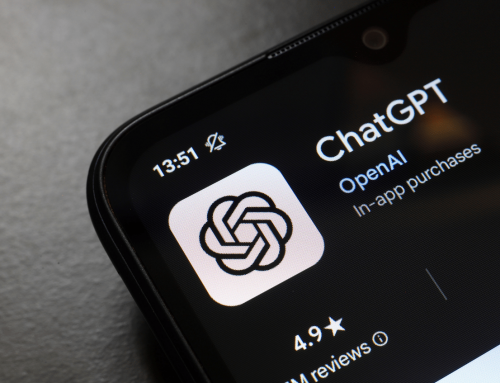In the age of digital communication, where WhatsApp is one of the most popular platforms for exchanging messages, a new scandal reveals the dark side of the technology. According to reports from the Italian government and Meta, WhatsApp's parent company, WhatsApp users in several EU countries, including Austria, have been spied on using dangerous spyware. The victims: journalists, activists and other critical voices in society. A frightening incident that not only jeopardizes trust in the security of WhatsApp, but also raises serious questions about the control of surveillance software.
A cyberattack with far-reaching consequences
The Italian government has confirmed that special software called "Paragon" was used in the espionage attacks. This software comes from a US-Israeli company that, among other things, helps governments to monitor people. The attacks not only affected Italy, but also numerous other EU countries, including Belgium, Greece, Germany and Austria. It is particularly explosive that the victims were often journalists and activists involved in political and social debates.
The European Union reacted immediately and declared that illegal access to the data of citizens, especially journalists and political opponents, was absolutely unacceptable. Nevertheless, the question remains as to how secure the protection of privacy really is in the EU when such espionage attacks take place.
The role of Paragon: an inconspicuous player in the background
The company behind the attacks is Paragon, which was founded in 2019 and is able to monitor digital communications with its "Graphite" software. According to the company, the allegations involve misuse of the software, but the fact that such programs exist at all raises fundamental ethical and legal questions. The company claims to have only sold to authorized customers, but who controls how this software is ultimately used?
This is another setback for Meta, the operator of WhatsApp. The company had already publicly criticized Paragon's software once before when it reported a similar incident last year. It is to be hoped that Meta and other tech companies will take more responsibility for protecting their users in the future.
What consequences does this incident have for data protection in Europe?
This incident shows once again how vulnerable data protection is in the digital world. The use of spyware such as "Paragon" is not only illegal in many cases, but also highly problematic from a democratic perspective. The EU Commission has already emphasized that all attempts to unlawfully access citizens' personal data are absolutely unacceptable. But what concrete steps are now being taken to prevent such attacks?
Calls for stricter regulation of surveillance software and better protection of EU citizens' privacy are growing ever louder. It is to be hoped that the affected countries in the EU, above all Austria, will take the necessary measures to hold those responsible to account and prevent future attacks.
Data protection at risk: how long will our privacy remain secure?
The current scandal surrounding the spying on WhatsApp users highlights how important it is to protect digital communication. But is data protection really sufficiently guaranteed if such attacks can be carried out not only by states, but also by companies such as Paragon to intervene in the communications of individuals? Where is the responsibility of the companies that develop and distribute this software? If the EU is really serious about data protection, it must act decisively now - and that goes far beyond vague declarations.
The question remains as to how long we can continue to rely on "laws" when they are becoming increasingly irrelevant in a world of constant technological progress. The protection of privacy is a fundamental right that should not only exist on paper, but must be defended in practice.







